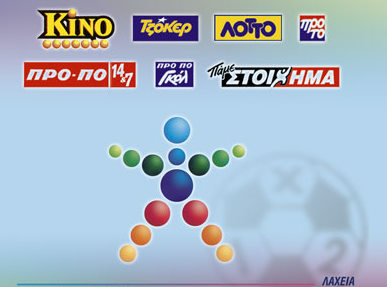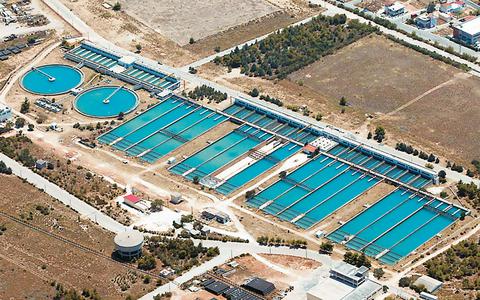www.902.gr
An attempt to accelerate privatisation is being made following the delays in transactions for the Greek gas company DEPA and the state lottery. The new memorandum promises acceleration of the privatisation of companies included in the list of the Privatisation Agency (PA). Preference is given to ports, airports, railways and properties that are not used but being destroyed. The Agency is also organising electronic auctions for real estate, and this activity will be increased after the forthcoming transfer of real estate in the coming weeks.

The new 2013 memorandum’s target for privatisation revenues has been reduced by 1 billion euro (mainly because of the gas company). Next year's target amounts to 2.7 billion euro. The most important thing for the achievement of revenues this year is the sale of the state lottery OPAP and Hellenic State Lotteries, which, if carried out, will bring approximately 850 million euro. This amount will exceed the new target for 2013 by 50% and is expected to be agreed no later than September.
On the other hand, although the government has indicated its readiness to re-tender for the sale of the gas company as quickly as possible, followed by Hellenic Petroleum, it is more worried about the sale of the Gas Transmission Company. Although PA is not worried about the outcome, it is worried about the slow pace of the response of Azerbaijani company Soccar. Of course, Soccar has no reason to hurry, unlike PA. The privatisation of the company can bring approximately 200 million euro to the Treasury.
As far as ports are concerned, the Public Property Management Agency (PPMA) is expected to start with provincial ports, just like what happened with water companies. “On the one hand, this is happening because they are companies that are smaller in size, and on the other hand, they are easier to manage from a political point of view,” admitted Minister of Merchant Marine Miltiadis Varvitsiotis a few days ago, adding that there are problems between the government and Cosco in terms of paying the guarantee for the transfer of the port of Piraeus’s Pier ΙΙ and ΙΙΙ. In any case, privatisation of ports and water companies is expected to start from the second largest city - Thessaloniki.
On the other hand, since China has shown its strong interest in Greece’s gates to Europe, i.e. airports and ports, the price of the Greek railways is also rising. Following the public railways company OSE, a competition for its second subsidiary, Rosco, which has also become public, is expected to be held in the middle of next week. Its activities include the maintenance of railway lines. According to PPMA sources, French, Chinese and Russian investors were interested in it.
There is great interest in provincial airports and the situation is expected to be clarified after September. In parallel, Athens international airport may also be privatised. Last week, PPMA gave its approval for the transfer of part of the airport, owned by Hochief, to Canadian investor capitals, and they have committed to assisting the Agency in the privatisation of the airport. On the other hand, despite the Minister’s change, the Ministry of Transport and Infrastructure will proceed with the investment for the establishment of an airport in Kastelli, Crete. The project will be announced for the second time in mid-September in order to be approved in early 2014. The main goal is that it could represent another major project implemented mainly with private capital.

Meanwhile, the last Extraordinary General Meeting of Shareholders of the public water supply company EYDAP made an amendment in the statute under which the state should own the main equity stake. This was the last obstacle for the privatisation of the company. As early as in April, the company's shares had been transferred to PPMA.
At the same time, in order to speed up privatisation, a common bill of the Financial Ministry, the Ministry of Infrastructure and the Ministry of Tourism provides for the state’s payment of debts to the company for the construction of structural projects, water supply facilities and flood protection equipment. The settlement of these obligations was one of the conditions for the transfer of the next tranche of loans to Greece.